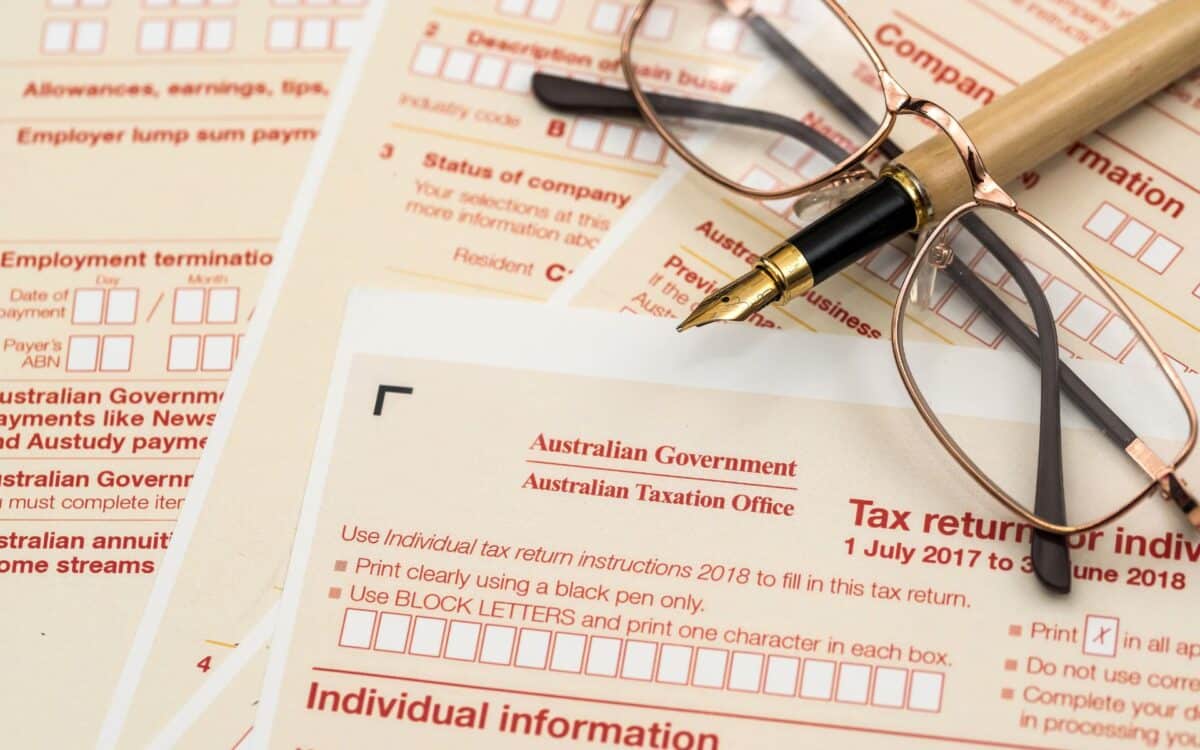The Australian Tax Office (ATO) has placed Australia’s wealthiest families on alert amid the progression of Labor’s proposed new tax on superannuation.
This new tax specifically targets superannuation balances exceeding 3 million Australian dollars and intends to raise the tax rate on earnings above this threshold from 15% to 30%.
According to Treasury estimates cited in News reports, the measure is expected to generate around 2.7 billion dollars in revenue annually and could accumulate to nearly 40 billion dollars over ten years. Without indexing, this figure could escalate to 58 billion dollars annually within four decades.
The Tax Office Monitoring Early Asset Restructures
The ATO has placed this policy on its priority list and is investigating behavioral responses from wealthy individuals or families who might alter their financial arrangements to limit exposure to the tax if it becomes law. An ATO spokesman noted:
“We have seen some early suggestions that private groups may seek to alter their arrangements to limit their exposure to the proposed [super] tax in case the legislation is passed at a later date.“
This proactive monitoring reflects concerns about tax avoidance strategies emerging prior to formal enactment.
Defined Benefit Schemes and Selective Exemptions
While the tax applies to super funds holding assets such as shares, property, and farms, it presents complexities around defined benefit pension schemes held by some former politicians and public servants, including Prime Minister Anthony Albanese.
Approximately 10,000 members with defined benefits, about 1% of that group, will be affected in 2025-26.
However, those accruing such benefits can defer payment of Division 296 tax until retirement (usually age 55 or older), with interest charged annually at the 10-year bond rate (~4.5%) on the deferred amount. Critics argue these arrangements create exemptions.
Wilson Asset Management founder Geoff Wilson described the situation as “appalling that 99 per cent of politicians on defined benefits will not be impacted by the tax on unrealised gains.”
The government’s draft regulations intend to value defined benefit interests using existing family law methods, accounting for the difficulty that these schemes do not have clear cash balances and may be unfunded or partially funded.
Certain former officials—including judges of the High Court, former premiers, and senior politicians—are also exempt due to constitutional protections preventing taxation of their superannuation earnings. Labor Senator Murray Watt stated:
“We’re of course not going to be introducing laws that are in breach of the Constitution and will be struck down. – He emphasized the small number of people affected and the use of the revenue for priorities such as healthcare and cost of living support.”
Political Debate and Economic Implications
Opposition figures have criticized the policy. Senator James Paterson described the tax as
“A really significant violation of an important tax principle that you don’t tax paper profits, that you only tax profits that people actually receive, that actually materialise. – He warned the lack of indexation means
“Over time, it will eventually capture average working Australians, not just wealthy Australians.“
From an economic perspective, Wilson Asset Management predicts a deadweight loss of 94.5 billion dollars due to behavioral changes as investors avoid the tax.
The firm also forecasts 155 billion dollars moving out of superannuation into the housing market, reflecting concerns about capital shifting and reduced voluntary contributions.
This sentiment is echoed by Andrew Boal of the Actuaries Institute, who explained that tax payments related to defined benefit schemes will be deferred due to the inability to access funds before retirement.
Projections from AMP and the Financial Services Council suggest many younger Australians will eventually exceed the 3 million dollar cap if it remains unindexed.
AMP estimates that most members of Generation Z will reach super balances above this threshold in approximately 40 years, with FSC projecting around 500,000 super accounts could breach the cap.
Taxing Unrealized Gains: A First in Australia
A distinctive and controversial feature of this policy is its taxation on unrealized capital gains—profits not yet received as cash or distributions.
This approach is unprecedented in Australia and has sparked debate about its fairness and precedent. Opponents argue that taxing unrealized gains violates long-standing tax principles, while supporters see it as a measure to ensure fairness and sustainability in the superannuation system.
The government maintains that these changes will make superannuation tax concessions more equitable and sustainable, affecting only a small portion of Australians with exceptionally high super balances.









